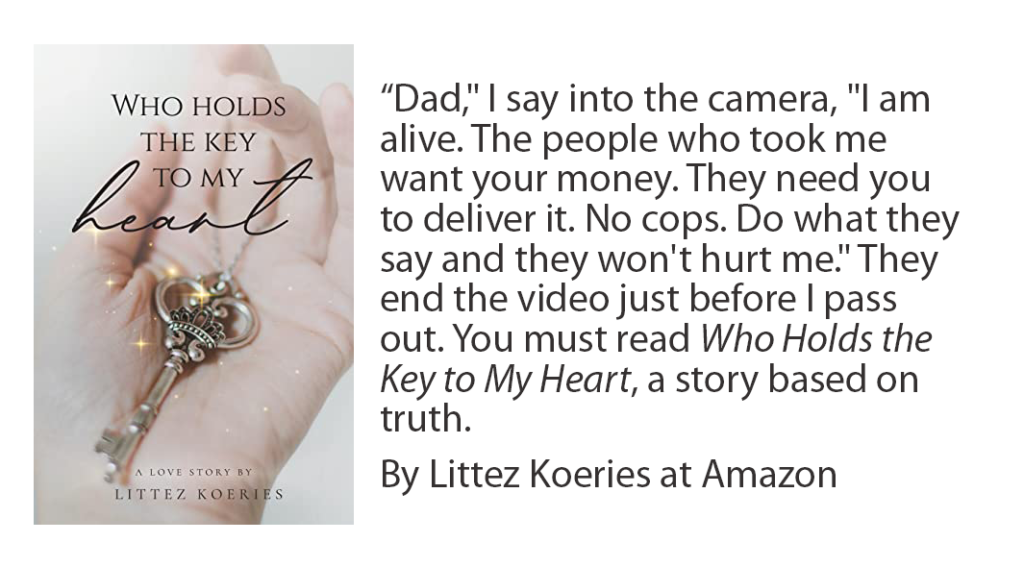It’s kind of like defending yourself in court
I hear so many writers and authors insist they can edit their writing on their own. One of the toughest things for any writer to do is to objectively evaluate, their own prose. Every word’s a pearl? Right? Not right. You’re not culturing pearls, you are trying to communicate to a readership and to cause them to respond to what you have to say. You want to sell your book.
If you are dead set against hiring a professional editor, at least leave your ego in your desk drawer while you critique your own work. Write a piece, let the writing cool, that is, put it aside for a day. Detach a bit. Then read it aloud.
That’s right. Out loud. You’ll hear it better that way. As you read, consider the following ideas, some of which are widely suggested by colleges and universities, editors, and publishers the world over.
Suggestions when you edit your writing
The number one, without a doubt, top-of-the-list suggestion is, “Don’t do it!”
But if you must edit your writing (the final edit, the polish), then be ruthless. Be cold. Be objective.
Look for cliches
Have you used cliches ineffectively or effectively? Cliches can be expressions (e.g., it rained cats and dogs), actions (e.g., the butler did it), or characters (e.g., the butler). Cliches exist because they are effective ways to communicate an idea. Make sure yours are.
Check your dialogue
One of the most glaring reasons a book fails is that the people in it talk to each other like aliens or like cartoon characters. Is a character’s dialogue stilted? Perhaps the language is too formal, too academic. Should you use more everyday language or slang? Read the conversations out loud or record some of them and listen. Are these people for real?
Do they use expressions that fit with their lives and items? Are the expressions, actions, or objects inappropriate for the particular setting? An early 20th-century Irish character would not say, “Ya da ya da ya da.” A modern teen would likely not refer to a girl as a “dame.” Read anything by Mark Twain to see how he uses speech patterns appropriate to the setting.
Double-check your logic and connections
Think about logical connectors. If you can’t understand why a character acts in a particular way, your reader will not understand. When you have built a world in which warrior women rule, a megalomaniac male character probably won’t work.
If a character is deeply committed to respect for authority, it’s your job to clearly show why they might disregard a particular law. Your reader will need you to underline that reasoning and explain it.
Don’t edit your writing by removing all the necessary detail
Demonstrate the descriptive and analytic details (the who, what, when, where, why, and how). Dull, dry ramblings won’t paint the needed pictures. Show, don’t tell. Young, inexperienced writers tend to over-rely on dialog until the reader is lost and confused. You may need a narrative voice that describes and explains critical points in the text. (Read The Story of an Hour by Kate Chopin)
Did you do your homework?
If you’re in the early stages of your writing career, you might want to write an analysis of the text you have written for your novel or story. This should be an expository text to tell you more clearly what you know and what you really want to say. Make notes about the backstory, even the invisible backstory, and think about that when you edit your writing. If you’re more experienced, this is still helpful technique.
Do your research. Even fiction needs to be documented. Factual background, settings, and costumes need authenticity. (see Derrick Bell’s And We Are Not Saved for a wonderful example).
Standard punctuation and grammar rules usually apply just as much to fiction as to nonfiction. Unless there is a clearly discernible reason in the work for the breaking of the rules, apply rules correctly. (Read Sweat, by Zora Neale Hurston).
When you edit your writing, be open-minded
Tinhouse.com explains the origin of a well-known piece of cliche advice given to writers. Murder your darlings. According to Tinhouse,
“Murder your darlings,” is a popular piece of writing advice that is often attributed to William Faulkner, but which can actually be traced back to the English writer and surname collector Sir Arthur Quiller-Couch.”
I thought Hemmingway said it, but I digress.
The phrase means when you have latched on to a turn of phrase, a description, or a character that you simply can’t bring yourself to alter because it’s simply perfect, you should probably kill it. You are not seeing clearly, and you have read the bit so many times that it just tickles you.
It’s unlikely to resonate with your readers. Fact.
If you let someone else edit your writing, they come at it with an impersonal, clear perspective that is much more likely to catch the clumsiness. We are all clumsy. Writing is a challenging occupation drought with opportunities to overlook what is right in front of you.
The final steps to edit your writing
Read the entire work line by line. Any professional editor worth their salt will painstakingly look at each line in the text to look carefully at the words themselves. Look for patterns and uncover the oddities you have overcooked in prior readings when you were listening to the content, not the mechanics.
You should have at least one if not several, style guides and a list of your own style preferences. If your book is to be consistent, it won’t happen by accident.
Mull this thought over. How many times have you been through your piece of writing? You wrote it. You read it through (I hope) at least once. If you’re paying attention to this advice, you read it out loud. So you already know a lot about what your text says, and, therefore, you are not capable of really reading the work. Your brain will fill in the blanks, fix some problems, and overlook omissions.
That’s the simple reason that using an editor is the smartest thing any writer can do. But you can lead a horse to water….
Learn more
How to Find the Right Editor for Your Book (from Barnes and Noble)




